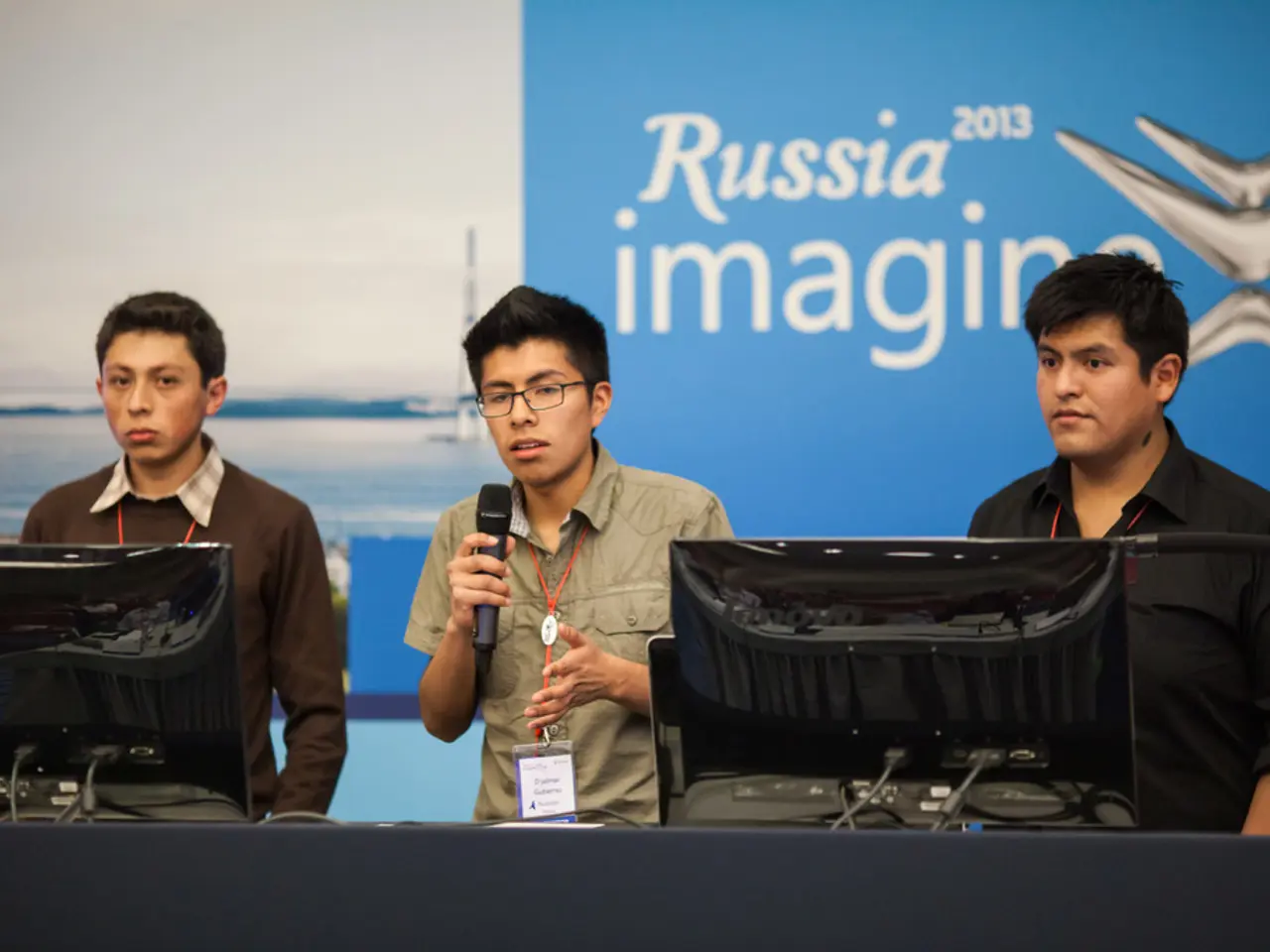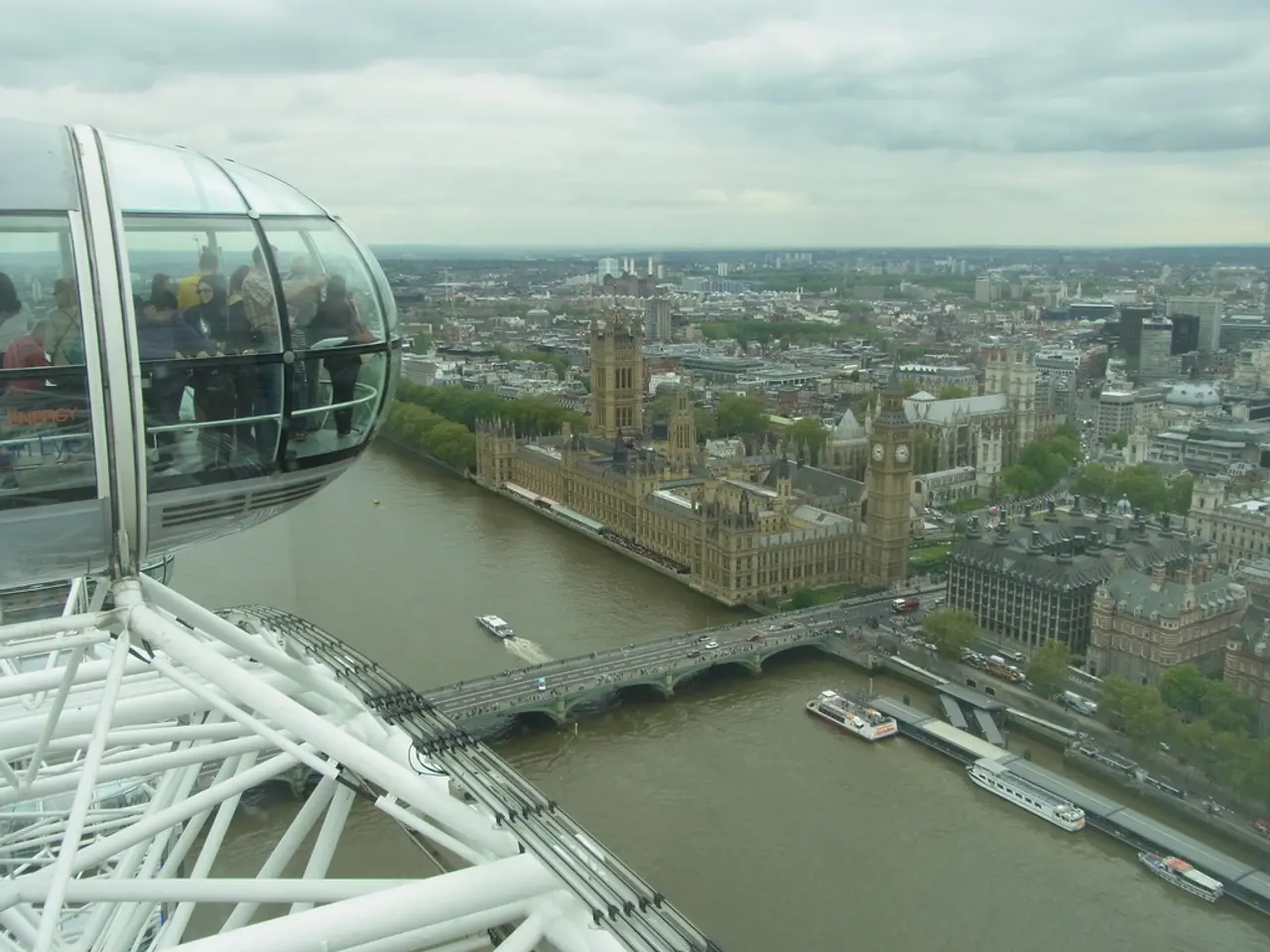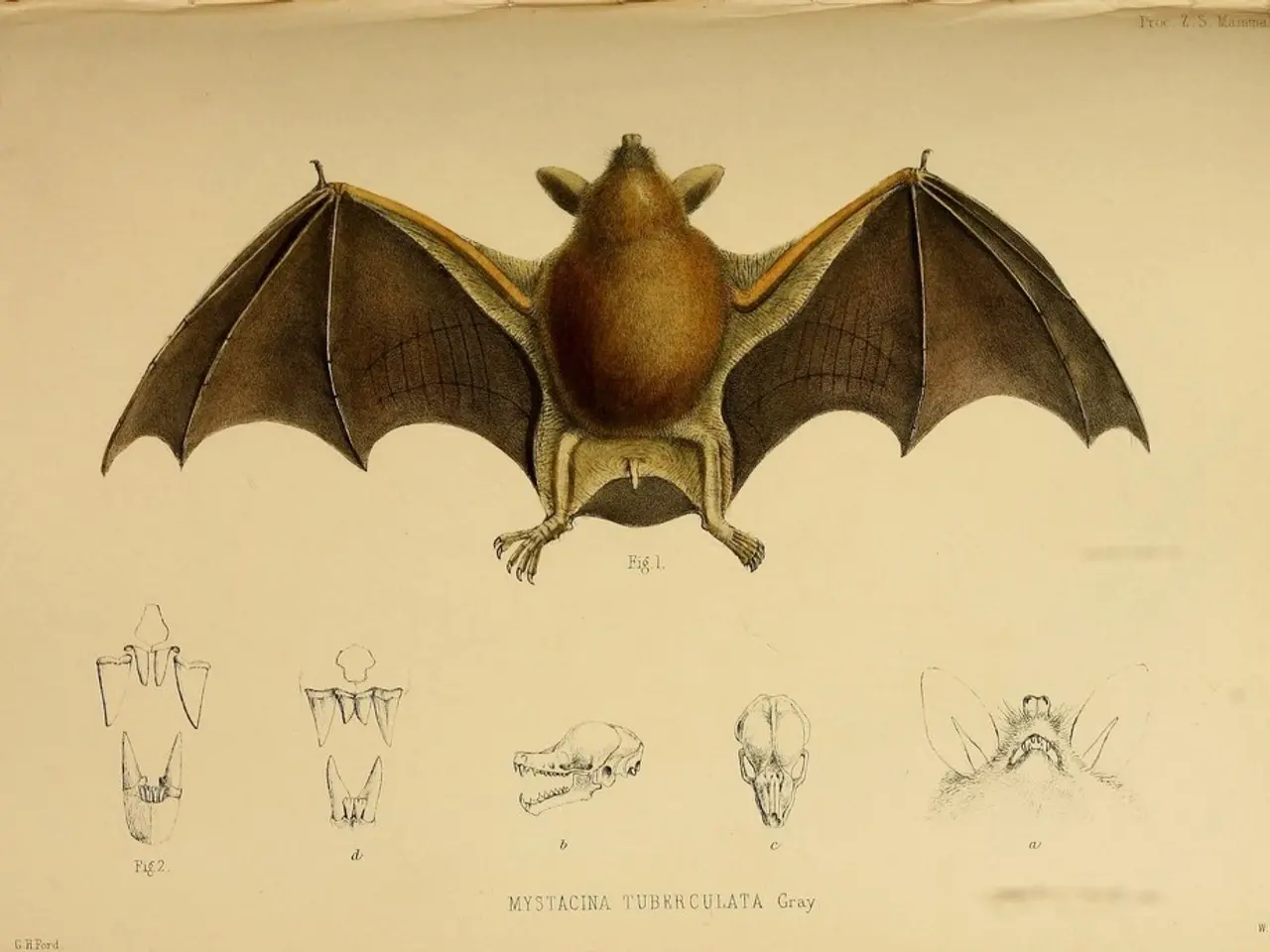Justice operations in America are temporarily halting.
The ongoing legal saga surrounding Florida's "Alligator Alcatraz" migrant detention center near Miami continues, with a U.S. federal judge ordering a temporary halt to all new construction at the facility.
The decision by Judge Kathleen Williams follows a lawsuit filed by two environmental groups, Friends of the Everglades and the Center for Biological Diversity. The lawsuit argues that the detention center threatens the fragile ecosystem of the surrounding wetlands, a critical habitat for sensitive species and a protected area known for its starry skies and vulnerable creatures.
The detention center, built without environmental impact studies, was hastily erected in June on an abandoned airstrip in the Everglades' wetlands. Its rapid construction and temporary nature, using tents and trailers to accommodate over 3,000 detainees, have added to scrutiny and criticism regarding its humanitarian conditions and oversight.
The facility's legal status and management responsibility are also under question. Funded by the federal government but operated by the state of Florida, the arrangement has created a "jurisdictional gray zone," where it is unclear who exactly has authority over the center, complicating legal accountability and compliance with federal laws.
The Miccosukee Indian Tribe, whose territory includes villages, a school, hunting grounds, and sacred sites adjacent to the detention center, has joined the lawsuit, claiming that the facility threatens significant damage to their tribal lands and heritage.
The detention center has become a symbol of Donald Trump's hardline immigration policies. In June, the number of immigrants detained by U.S. Immigration and Customs Enforcement (ICE) reached an all-time high, with a majority having no criminal record. In early July, President Donald Trump visited the facility and joked about undocumented immigrants risking attacks by alligators if they tried to escape.
In late July, a report by Human Rights Watch warned of "abusive practices" at three other migrant detention centers in Florida. Another lawsuit against the detention center alleges that detainees are denied access to lawyers and are being held without charge.
Elise Bennett of the Center for Biological Diversity reacted positively to the court's intervention, stating that it protects the Everglades from further harm during the legal action. Immigrants already detained at the center can remain, but a federal judge in Miami has ordered an immediate halt to construction for two weeks.
The controversies surrounding the facility's legal status, management responsibility, environmental impact, indigenous rights, and compliance with federal laws continue to draw attention and concern. The temporary construction halt offers a brief respite, but the future of the "Alligator Alcatraz" migrant detention center remains uncertain.
[1] Source: The New York Times, "The Alligator Alcatraz Migrant Detention Center: Controversies and Legal Issues," 1 August 2025. [2] Source: The Guardian, "Alligator Alcatraz: Florida's new migrant detention centre sparks controversy," 10 June 2025.
- The temporary halt in construction at the "Alligator Alcatraz" migrant detention center, ordered by Judge Kathleen Williams, is a result of a lawsuit filed by environmental groups concerned about the center's impact on the sensitive wetland ecosystem.
- The ongoing legal saga involving the migrant detention center, situated in the Everglades, has extended to include concerns in the realm of politics and general news, as the facility symbolizes Donald Trump's immigration policies and has been the subject of reports exposing abusive practices.
- In addition to ongoing discussions about the detention center's impact on the environment and the Everglades' ecosystem, there are debates surrounding its legal status, management responsibility, and compliance with federal laws, as well as its potential effects on indigenous lands and tribal rights.






